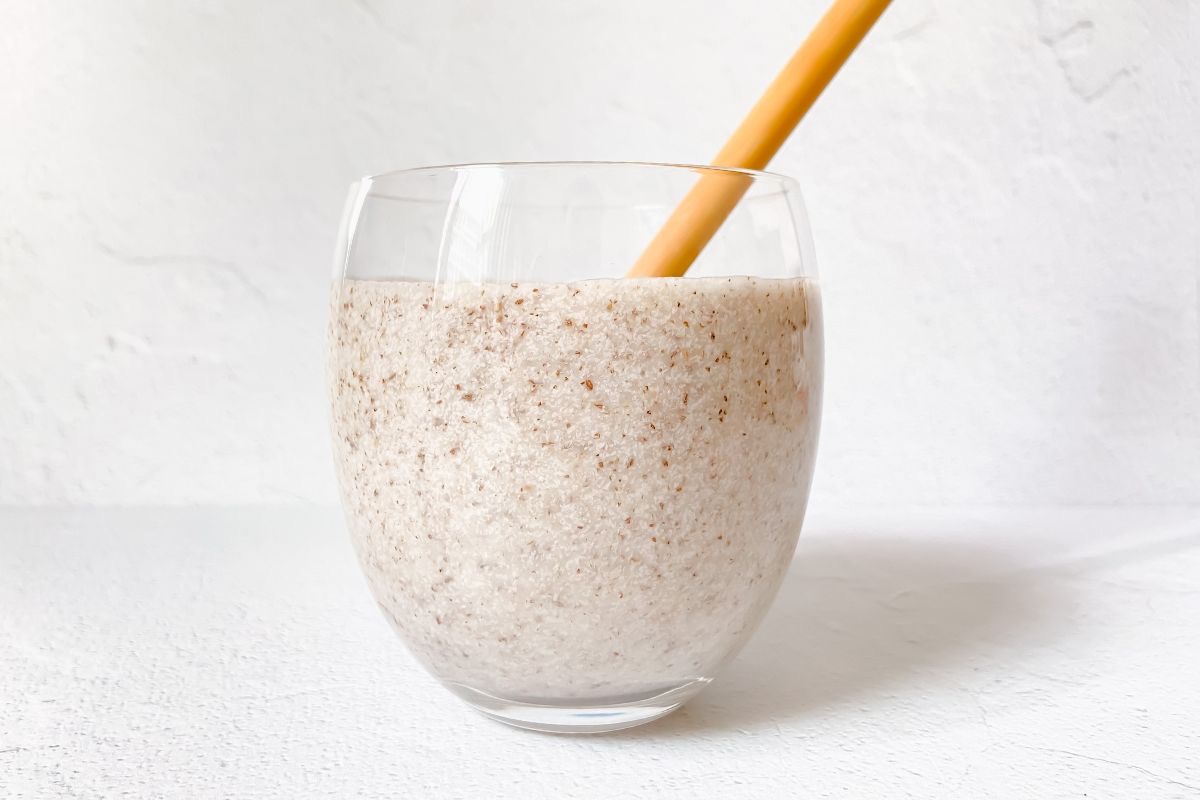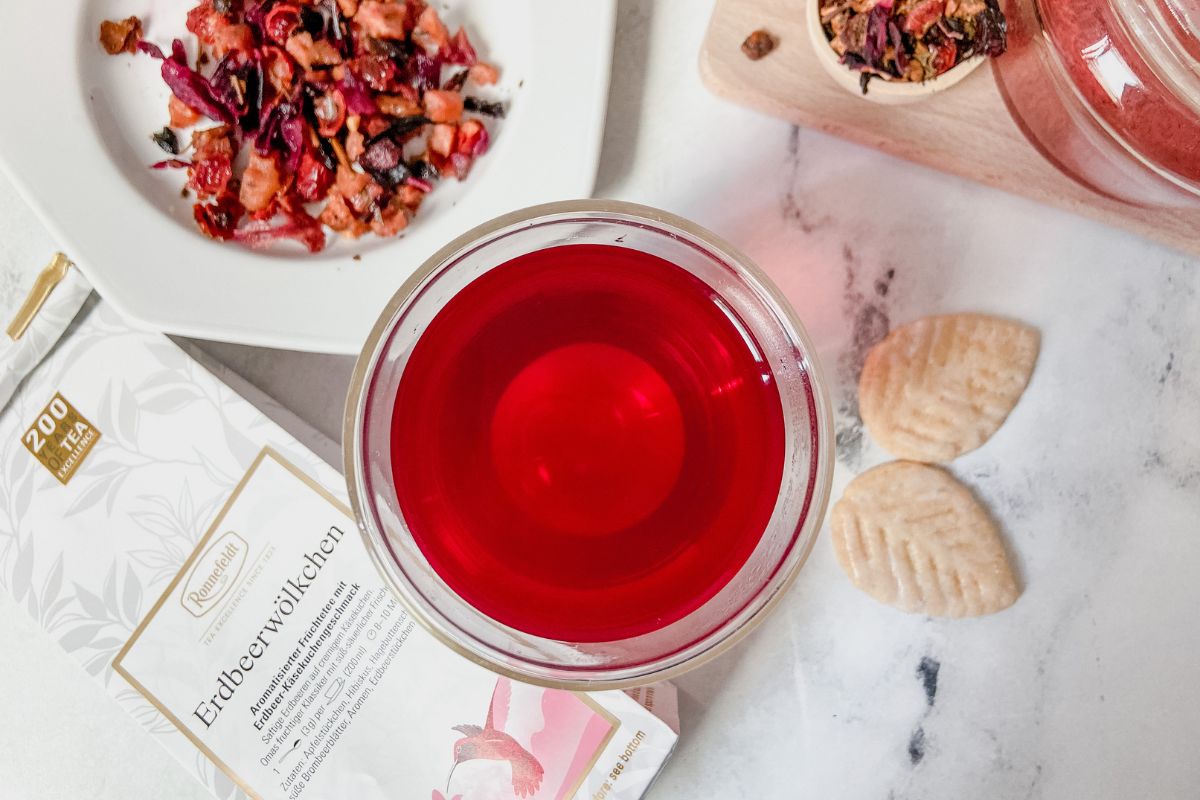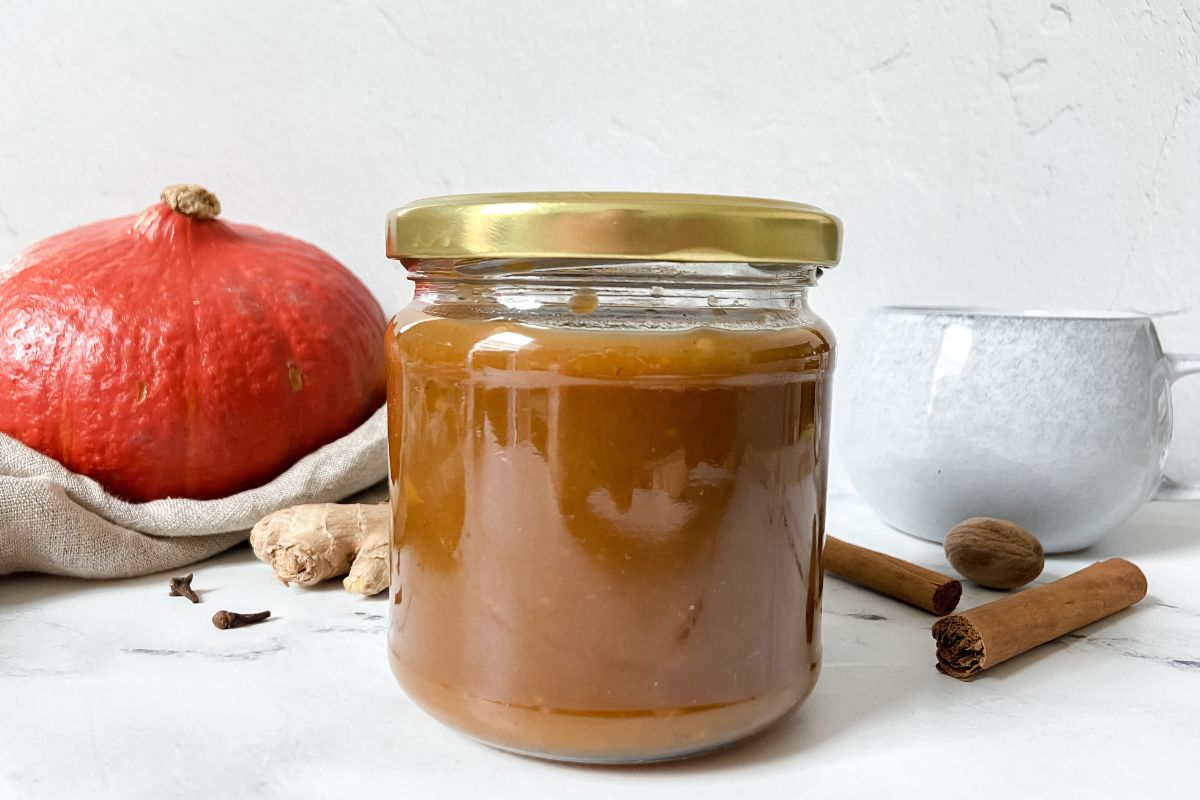Best herbal teas for digestion after dinner or copious meals
5 easy-to-find teas that are simply good when you feel heavy

Drinking tea may help you relax and unwind after eating.
Many herbal teas also have digestive advantages, helping you recover after a heavy meal while eliminating bloating.
And since they don’t have any caffeine (herbal tea aren’t real teas), they won’t interfere with your sleep.
Discover in this article some of the best herbal “teas” for digestion after dinner.
Peppermint Tea

Peppermint tea (Menta piperita) has been shown to be beneficial against digestive discomfort and gastrointestinal issues, so it has been used for a long time to aid digestion.
Peppermint tea has a refreshing taste and you can enjoy this tea alone or as an accent to other herbal blends.
How to prepare peppermint tea
- Pour boiling water over fresh mint leaves or a teabag
- Let it steep for 10 minutes if using fresh leaves; between 5 to 10 minutes if using tea bags
- Remove the tea
- You may add some honey or sweetener of choice to taste
Chamomile Tea

Chamomile is a gently sweet herbal tea that’s good on its own or combined with other herbs and spices.
Chamomile tea isn’t real tea (as all the “teas” in this list), but a herbal tea made from flowers.
These flowers have been found to reduce bloating while also relieving digestive discomfort.
Chamomile may also have a relaxing effect thanks to its aroma.
How to make chamomile tea
- Put a teaspoon chamomile flowers or a teabag in a cup
- Add boiling water
- Let steep for 5-10 minutes
- Remove the tea
- Add a little honey to taste if desired. A tiny splash of milk goes great as well!
Ginger tea

This warming spice (Zingiber officinale) has been used in herbal and traditional medicine for millennia because its strong anti-inflammatory effects.
Ginger may also help relieve stomach discomfort and other additional advantages, like preventing nausea, reducing pain and helping fight infections.
How to make ginger tea
To prepare ginger tea, you can use two different methods:
- Grate some ginger root, pour boiling water over it and let it steep for 5 minutes. Enjoy!
- Simmer the ginger root in water as in this video:
Fennel tea

Fennel seeds have a delicious licorice-like taste and may promote bowel movements, relieving constipation.
You can use this herbal tea as is or as an ingredient for herbal tea blends.
How to make fennel tea
- Pour 1 cup (around 250 ml) of boiling water over 1 teaspoon (roughly 4 g) of fennel seeds or a teabag.
- Let steep for 5–10 minutes
- Remove the teabag or seeds and enjoy the comforting aroma of this tea!
Dandelion tea

Dandelions are those yellow blooms that can be found all over the world.
But did you know that its root has been used for thousands years to improve digestion?
Recent research even suggests that dandelion extracts may protect against stomach ulcers.
Dandelion flowers will give off delicate flavors in your brew, while the roots add an enjoyable bitterness to tea blends (that’s why roasted dandelion root is also often used as coffee substitute).
However, all three parts of the plant -flower, leaves and root- are edible, so you can make tea with any of them (also, you can mix them).
It’s also up to you whether you want to make tea with fresh flowers/leaves or roast/dry them before.
How to make dandelion tea
- Put half cup of dandelion flowers (around 10 flowers) and 1 cup of water in a saucepan
- Bring the mixture to a boil, then remove from the heat
- Let it steep for 5–10 minutes
- Strain before serving
Other hot beverages that may feel good after dinner or a copious meal

While there are (at least at this moment) no studies to back up their digestive properties, many individuals claim that these caffeine-free beverages also help them in digesting better:
Hot water
Water drinking maintains the digestive system in motion: the body is better able to eliminate waste as the water travels through your stomach and intestines.
More study is required to confirm this benefit, but there is some research showing that warm water might have beneficial effects in intestinal movements and gas expulsion.
Rooibos
While there is still little evidence to support rooibos’s benefits for digestion, it’s sometimes advised for digestive issues.
Cinnamon tea

Cinnamon tea is a soothing, naturally sweet drink that tastes wonderful, almost as if it where a dessert!
And in addition to tasting great, cinnamon may help keep sugar levels stable after meals.
Also, its antibacterial properties may aid in the reduction of bad breath and tooth decay.
I hope you find this list helpful the next time you indulge in a heavy meal.
Since all the “teas” in this list are caffeine-free, you don’t have to worry having them in the evening and they may even help you relax and sleep better!







Thank you for the nice suggestions!
I enjoy Rooibos all year around but when it’s cold, ginger tea is also great.
Thank you very much for this helpful list!
Thank you sm for taking the time to write this reference tea list, I will for sure start making new options.
I am so happy this list gave you some new ideas 😀 Thank you for the kind comment!